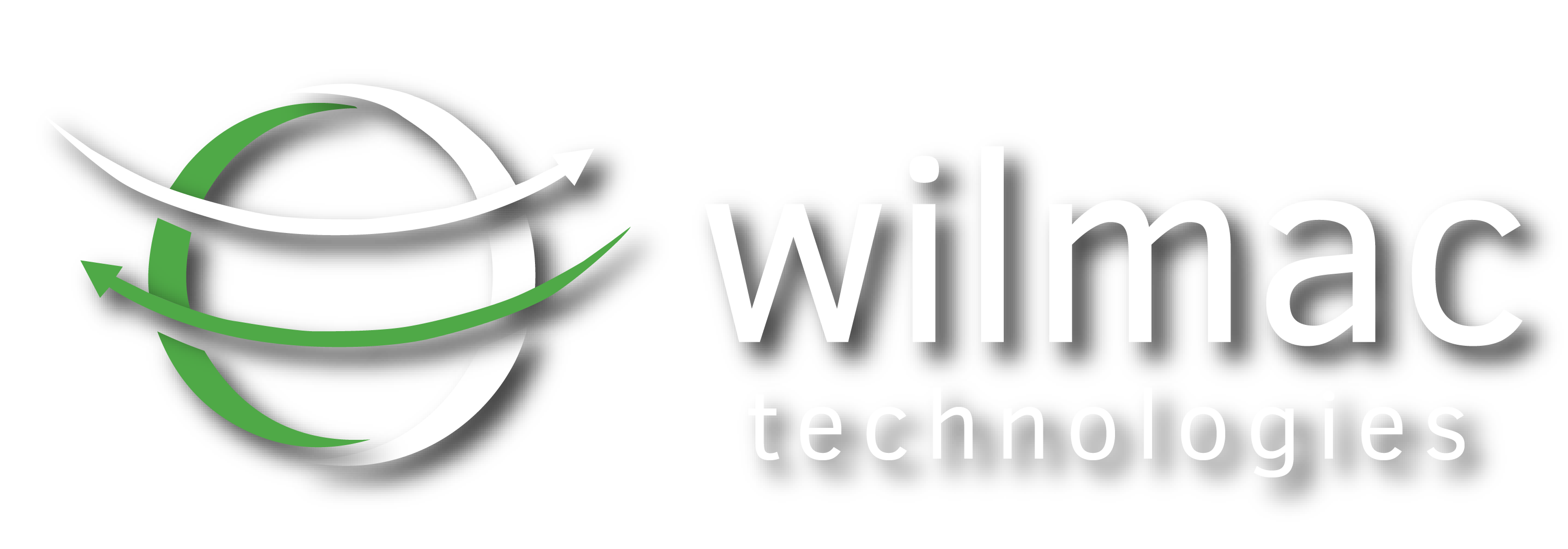Call Recording Retention and Retrieval: What You Need to Know
June 16th, 2023
Written by Garry White, Enterprise Information Archiving Sales Director
Call recording is a valuable tool for businesses to improve customer service, train employees, and comply with regulations. However, it’s important to understand the requirements for call recording retention and retrieval to ensure compliance and avoid legal issues. In this post, we’ll discuss the key information you need to know about call recording retention and retrieval.
Call Recording Retention Periods
Call recording retention is the length of time that call recordings must be stored. The specific requirements for call recording retention vary depending on the industry and location of the organization. Some of the most common retention periods that we help manage fall into the financial services, healthcare, insurance, and utilities industries.
Data Retention in Financial Services and Banking
Financial services organizations must keep call recordings for a retention period that is based on legal requirements, industry regulations, and internal policies. Data protection law requirements and the financial authorities your organization reports to must be considered as well.
In some jurisdictions, financial services organizations may be required to retain call recordings for a minimum of five to seven years. But, some organizations may choose to retain call recordings for more extended periods for business purposes, such as quality assurance, training, or resolving customer disputes.
Data Retention in Healthcare
Most healthcare organizations are required to keep their call recordings for up to seven years due to Health Insurance Portability and Accountability Act (HIPPA) regulations. HIPPA requires healthcare providers to retain call recordings for six years. These organizations are typically subject to stringent data protection and privacy laws to safeguard sensitive patient information.
In many jurisdictions, healthcare organizations are required to follow medical record retention guidelines, which may include call recordings if they contain relevant medical or patient information. These guidelines can vary, but a common requirement is to retain medical records, including call recordings, for a minimum of six to ten years after the last patient interaction or treatment. The retention period allows for continuity of care, legal compliance, and potential future reference.
It’s also important to note that retention periods can be influenced by factors such as the type of healthcare organization (like hospitals, clinics, or private practices), the nature of the recorded information, and specific legal requirements in different regions or countries.
Data Retention in Insurance
Like financial services organizations, insurance companies are subject to specific regulations and laws that govern record-keeping and data protection. In many jurisdictions, insurance organizations are typically required to retain call recordings for a minimum of five to seven years. This duration is often set to comply with legal and regulatory obligations, facilitate claims processing, resolve disputes, and support fraud investigations.
Insurance companies may also choose to retain call recordings for longer periods for various reasons, including quality assurance, training, internal investigations, or historical reference. Retention periods vary across countries, specific regulations, and individual insurance companies.
Data Retention in Utilities
In many cases, utility companies are subject to data protection and privacy regulations similar to the industries mentioned above. These regulations may not explicitly address call recording retention periods; however, they often require organizations to retain customer data for a reasonable period and ensure appropriate security measures are in place.
The retention periods for utilities can range from several months to several years. Retention periods can vary depending on factors such as jurisdiction, company size, type of service provided (such as electricity, water, or gas), and applicable industry or regulatory requirements. The Federal Energy Regulatory Commission (FERC) requires utility companies to retain call recordings for five years.
Legacy Call Recording Retention
Legacy call recording retention refers to the retention of call recordings that were made using outdated technology or systems that are no longer in use. It’s important to ensure that legacy call recordings are still accessible and retrievable, as they may be needed for legal or regulatory purposes.
Just because an organization is decommissioning a legacy call recording platform, does not mean they don’t have to worry about the call recordings stored on that platform that haven’t fulfilled their retention period. This is why a migration plan for legacy call recordings is necessary to ensure that they can be accessed and retrieved as needed.
Call Recording Retrieval, or Search and Replay
Call recording retrieval refers to the process of accessing and retrieving call recordings. Having a system in place for call recording retrieval is important to ensure that recordings can be easily accessed when needed. This involves implementing a call recording system or separate tool that includes search and replay capabilities that are up to your organization’s standards.
To leverage your call recordings beyond the retention period, we suggest finding a tool that offers features/functionality beyond retrieval capabilities such as:
Audit trail
Retention purge
Transcription
Analytics
Redaction
Encryption at rest
E-Discovery
In Closing
Call recording retention and retrieval are important considerations for businesses that use call recording technology. A critical part of that is understanding the requirements and regulations in your organization’s specific industry to ensure compliance and avoid legal issues.
Wilmac offers a call recording retention and retrieval solution called Continuity Replay, which provides a simple means of complying with retention periods and storing your call recordings in one, unified platform. Continuity Replay also offers additional functionality beyond retrieval capabilities (like the ones mentioned above), enabling you to gain actionable insights from your call recordings. It has flexible deployment options and is vendor agnostic, meaning it can store call recordings from over 30 call recording vendors in an open file format for easier access.
Book a demo with Wilmac Tech to see Continuity Replay in action
Menu
Contact
Rochester Headquarters
100 Chestnut St, Suite 1004
Rochester, NY 14604
New York City
345 7th Ave, Ste. 404,
New York, NY 10001
Toronto
5955 Airport Rd, Ste. 140,
Mississauga, Ontario L4V 1R9

